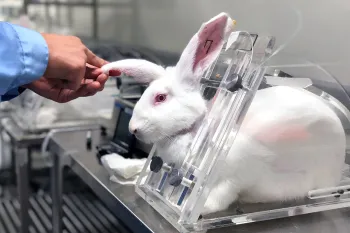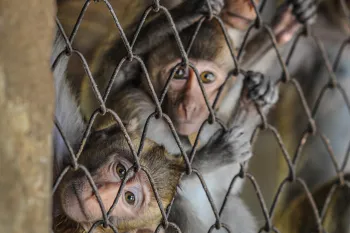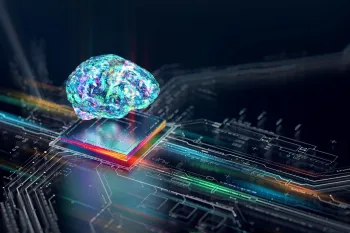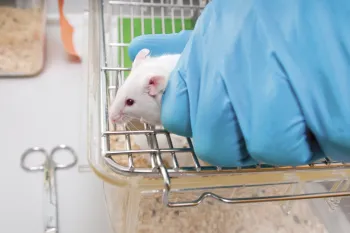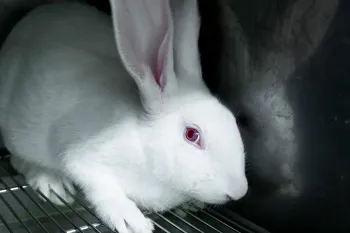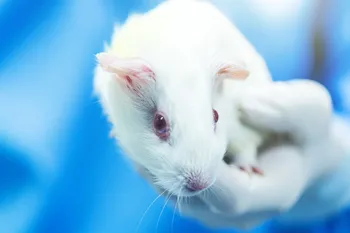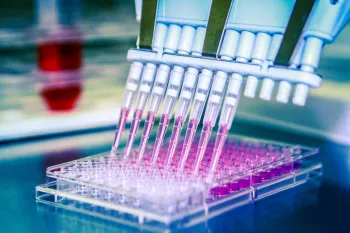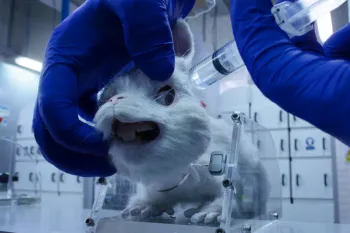
Jo-Anne McArthur / We Animals
Ending animal testing
We're working around the globe to replace cruel, outdated animal experiments with innovative non-animal methods.
Taking suffering out of science
Animals don’t deserve to be used in experiments. It’s time to prioritize animal-free research methods that will benefit both humans and animals.
ultimately fail in human trials, according to the National Institutes of Health.
are estimated to be used in harmful experiments each year globally.
have full or partial bans on cosmetics animal testing.
Take Action
Join us to help replace cruel, outdated animal experiments with innovative animal-free methods.
Tell the FDA: Make it clear that animal testing is not required!
Send a message to the U.S. Food and Drug Administration urging them to make it clear to drug companies that animal testing is not required and that animal tests should be replaced with innovative non-animal technologies whenever possible.
Your gift can do so much for animals in need.
Start saving lives by making a one-time gift today. Or help animals all year long with a monthly contribution.
Jean Chung/For Humane World for Animals
